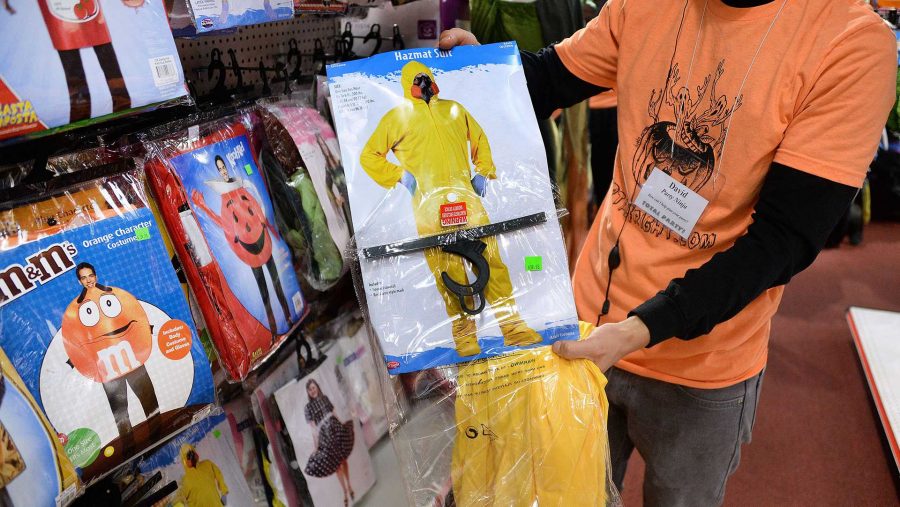There is a difference between cultural appropriation and dressing as iconic characters such as Moana. People should be allowed to dress as these characters because the reasons they do it is admiration rather than ignorance.
By Wylliam Smith
[email protected]
Halloween may be over, but something caught my attention this year. While society is now becoming more aware that costumes that influence cultural appropriation are extremely offensive, I find the solution to the problem may be getting out of hand.
I fully understand that it is completely and totally wrong for your Halloween costume to just be “a Mexican” or “a Native American.” Dressing up and pretending to be someone else’s culture is beyond insensitive and rude, but the line blurs when you dress up as a specific fictional character.
For instance, a controversy arose this Halloween season when the question was asked whether you or your child could dress up as Moana from Disney’s latest hit movie. People said that allowing this was racist and a form of cultural appropriation — but I disagree with this belief.
Telling people they cannot dress as an iconic character that they love is silly; they are not doing any harm. They simply love Moana, or whoever the character they just so happen to be and want to dress up as that character for the holiday. Denying them that is just cruel.
This seems like a problem unique to Halloween, with other events being much more accepting. Events such as Comic-Con and Wondercon are much more accepting when it comes to this regard, as people dress up as whoever they want, regardless of race or gender.
Fact is, we must truly think about what we are asking when we tell someone they can’t dress as their hero. Saying a white child cannot dress as Moana also means that a black child would not be able to dress as Cinderella. No one ever looks at it the other way around, and because of that, there is a huge double standard when it comes to cultural appropriation.
No one cares when a minority dresses as a traditionally white character, but when a white person dresses as a minority character, everyone goes crazy. If we only allowed people to dress up as characters that matched their race, that would mean the only Disney princess black children would be allowed to dress as would be Tiana from The Frog Princess.
This bias even spreads beyond dressing as fictional characters. When people of the LGBTQIA+ community decide to be “straight” for Halloween, everyone has a good laugh, but if it were reversed, it would be seen as a hate crime.
I recognize that it can be argued whether dressing as “straight” is offensive or not. The point is the double standard in society is insanely large. Besides the unfair bias to one side, we must understand that dressing as your role model or a character you love is not the same as cultural appropriation.
I feel the change lies in the motives behind the two costumes. When a child dresses up as Moana, they do it because they love and or look up to the character. While when someone dresses as a “Hawaiian Islander,” they are doing it just because they think it looks cool. One does it in admiration and the other in ignorance.
And that is the difference. Understand and be aware of that difference so that you don’t punish or shame people because they decided to dress up as their favorite character for Halloween.










